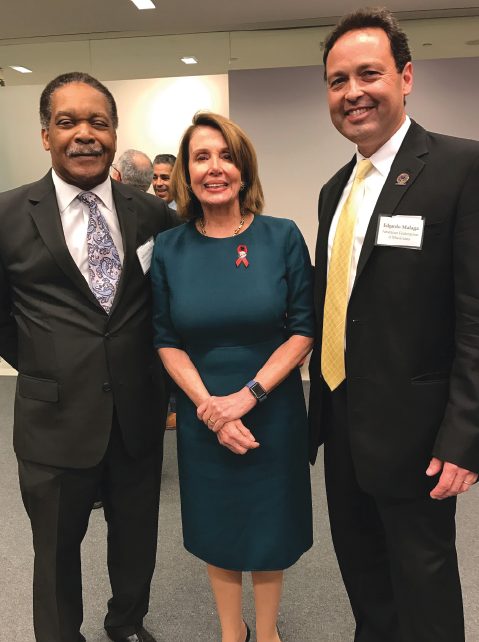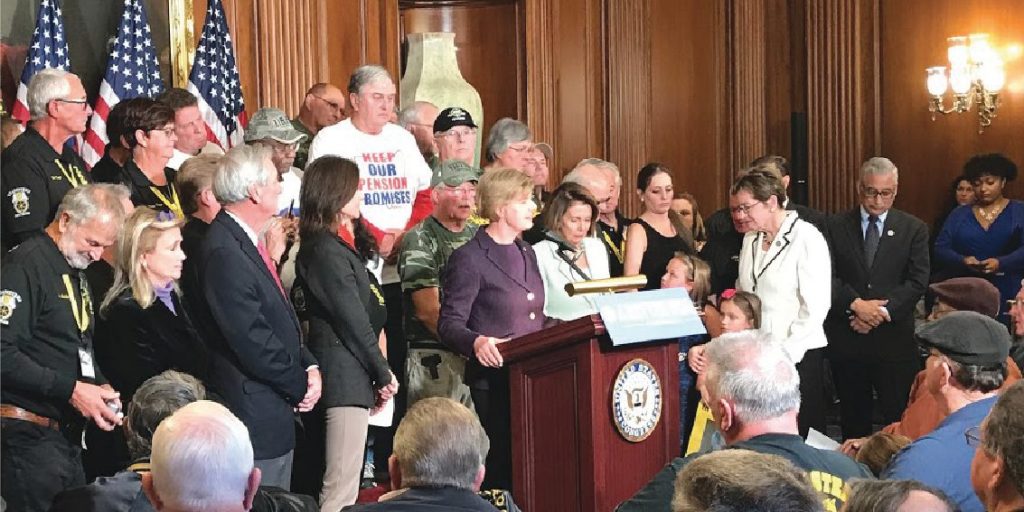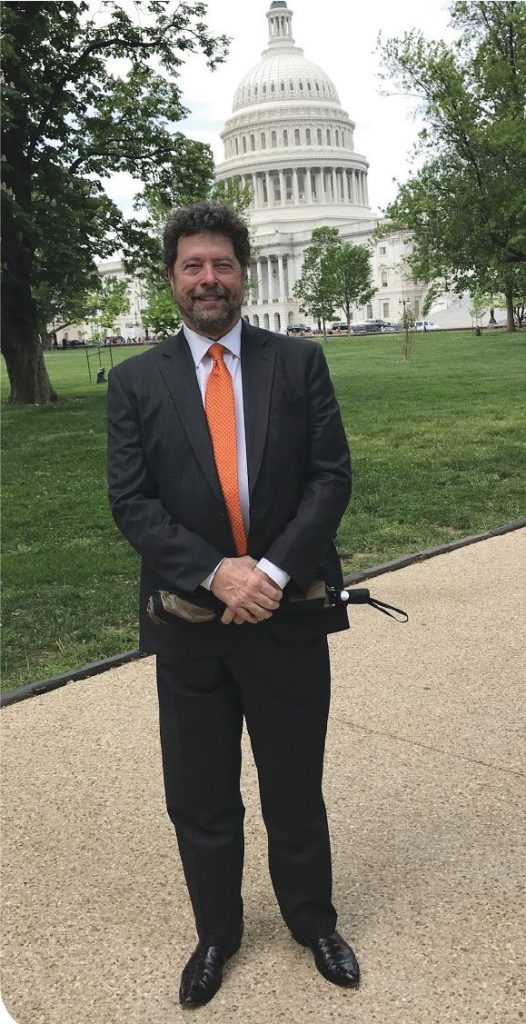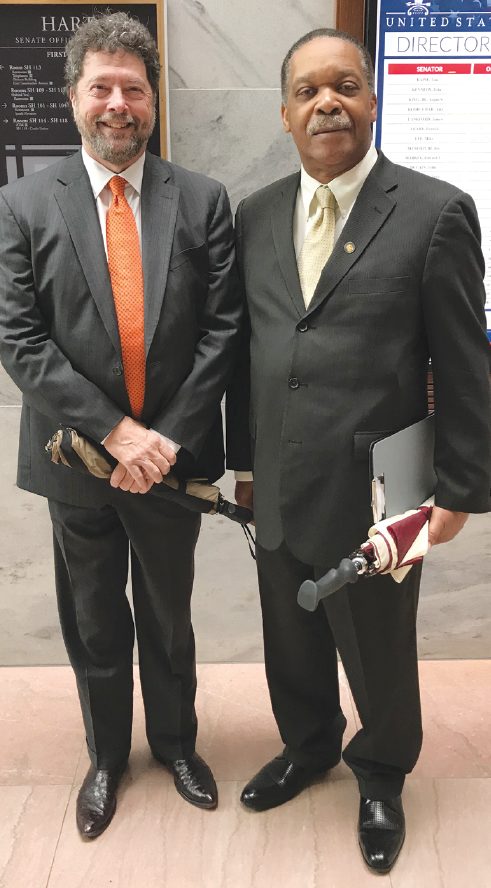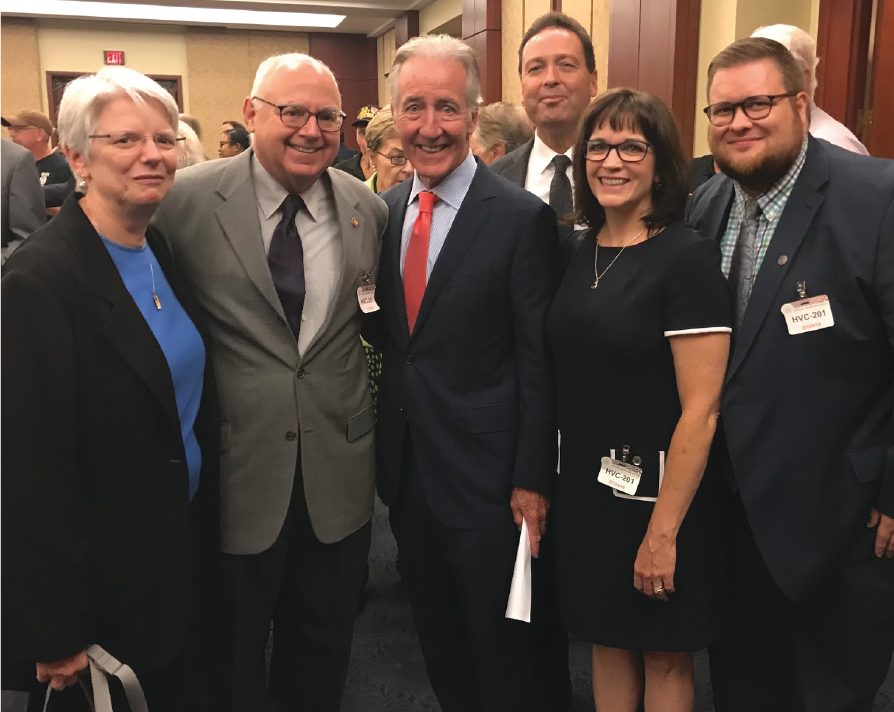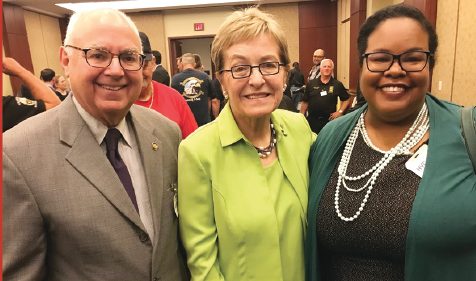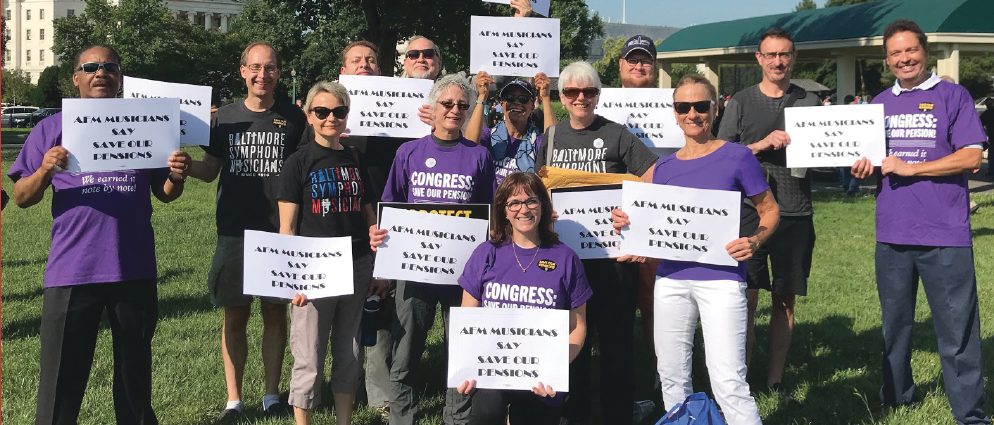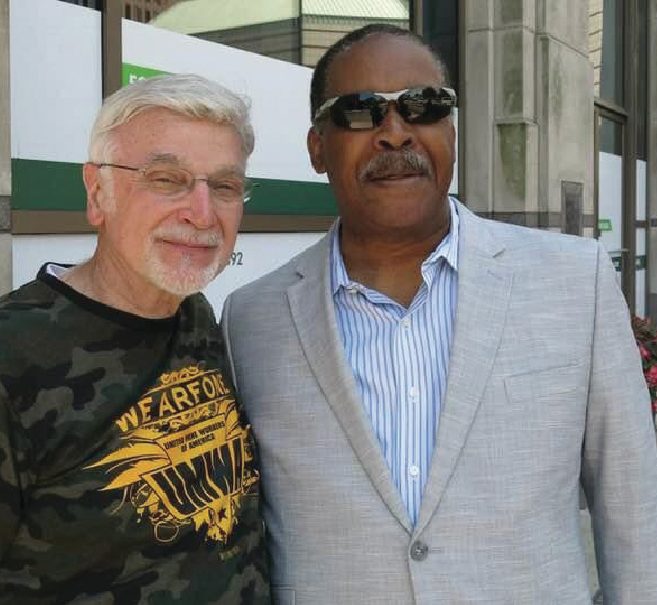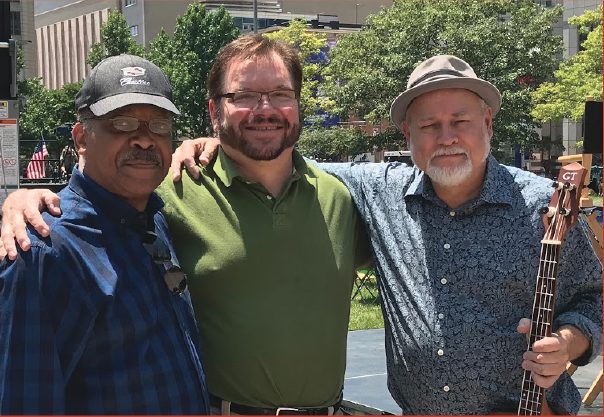More than a year after the COVID outbreak prompted the lockdown of global population centers, halting public gatherings, darkening entertainment venues of all sizes, locking out musicians and performers, and eliminating thousands upon thousands of jobs, wheels are now in motion for the reopening of the live entertainment industry and a mid-summer return for concerts, festivals, and Broadway touring productions.
The advent of a return to the road for Broadway touring shows is a welcome development for musicians who travel with the tours and for local musicians who augment the productions in certain locations where the shows are booked.
Last year, during the week of March 15, 2020, a total of 23 AFM-covered touring productions were suspended—shutdown on the road—as a result of the raging spread of coronavirus and government imposed social distancing regimens. The Federation negotiated a shutdown agreement with the Broadway League that provided for cancellation payments and necessary expenses for musicians to return home.
We are now preparing to bargain a successor Pamphlet B and Short Engagement Tours Agreement that will cover musicians who become engaged as the tours resume. It will also impact local employment at certain venues along the tour. AFM touring agreements are administered by our Touring, Theatre, Booking Division, managed and supervised by Director Tino Gagliardi and Associate Director George Fiddler.
Discussions with League representatives during the pandemic shutdown concerning a timeline for a return to the road varied with each conversation. Estimates ranged from late 2020 to early 2021, then late 2021 to early 2022, but were never certain due to the alarming spread of infection, the severity of the disease, and changing expectations for relaxation of social distancing.
The current planned ramp-up for a comeback of Broadway tours coincides with an accelerated vaccination rollout and congressional stimulus money, spurring confidence in a more rapid pandemic recovery and improved economic outlook. Optimism from these developments has prompted performance venues to plan for a return of indoor, full-capacity productions. Regional arts centers want Broadway tours to resume as soon as possible, pointing to the tours as being critical to their recovery.
With vaccines available by mid-May to everyone, regardless of age, producers and venues hope that a safe return to full venue capacity can happen soon thereafter, pending any major problem caused by COVID variants. Arts center managers are indicating that a return to profitability cannot be accomplished unless they can sell 100% of the house. With profits from food and beverage sales still curtailed by pandemic regulations, selling only 80% of the house may not be enough.
Optimism that the resumption of tours can succeed is based on audience retention of pre-COVID tickets. Reportedly, a large percentage of ticket holders did not request a refund on tickets to canceled performances, holding on to their prepandemic tickets to use for rescheduled shows. Venues and presenters see the retention and volume of presold tickets as a sign that substantial consumer demand exists for the return of shows.
In April, theatrical presenters across the country were selling subscription packages and single tickets for 20 Broadway touring productions, some with engagements advertised as early as mid-June. An eight-show subscription series package pitched to theatergoers by a Dallas venue opens with a resumption of the Wicked tour on August 4, for five weeks, followed by touring productions of Hamilton, Hadestown, Frozen, Jersey Boys, Mean Girls, Oklahoma, and Jesus Christ Superstar.
In the Dallas package, the promoter has restricted its single ticket sales. Admission to the most popular shows, such as Wicked and Hamilton, is available only by purchasing a subscription package that includes access to a bundle of other shows. Popular shows are in control of the venues, with promoters using the hit shows to sell tickets to those that are less popular.
While tour producers, venues, and managers believe that demand for Broadway tours is robust and has not diminished during the pandemic shutdown, promoters are wary of taking any kind of hit when reopening their businesses. Negative publicity—increased health risks from COVID variants or press coverage of pending labor disputes—could provide a reason for attendees to avoid the shows, interfering with a clean return to the venues and creating additional financial risk during precarious times.
Despite the optimism from accelerated vaccine programs and economic stimulus, we might still be in limbo. The safety of our talented musicians who travel far from home, performing for diverse audiences, night after night, is of paramount importance. We are musicians. We do not produce the shows and we do not operate the venues. We will not assume the producer’s risk. But, as we all struggle to emerge and return to some sense of normalcy and security in our artistic lives and livelihoods, we realize that the day of absolute certainly may never arrive.
When we meet the League for our Pamphlet B discussions, our negotiating team will include members of the International Executive Board, Division Director Tino Gagliardi, Associate Director George Fiddler, a representative from the Theatre Musicians Association (TMA) player conference, led by TMA President Tony D’Amico of Local 9-535 (Boston, MA), together with the presidents of Local 5 (Detroit, MI), Local 6 (San Francisco, CA), Local 9-535, Local 10-208 (Chicago, IL), Local 47 (Los Angeles, CA), Local 72-147 (Dallas-Ft. Worth, TX), Local 149 (Toronto, ON), plus rank-and-file traveling musician representatives Susan French of Local 802 (New York City) and Elaine Davidson of Local 72-147.
As the Federation prepares for these negotiations, our team will meet to identify, articulate, and prioritize our members’ needs and develop plans of action to address those needs. To achieve our goals, we will compile and analyze necessary information. We will use every means at our disposal to focus, sharpen, and deploy union power.
We will employ every pound of leverage we have to obtain a fair agreement, not only for those who perform in the orchestra pits, but in the interests of patrons and the public as well.



